Downregulation of microRNA-34 induces cell proliferation and
$ 16.99 · 4.7 (680) · In stock
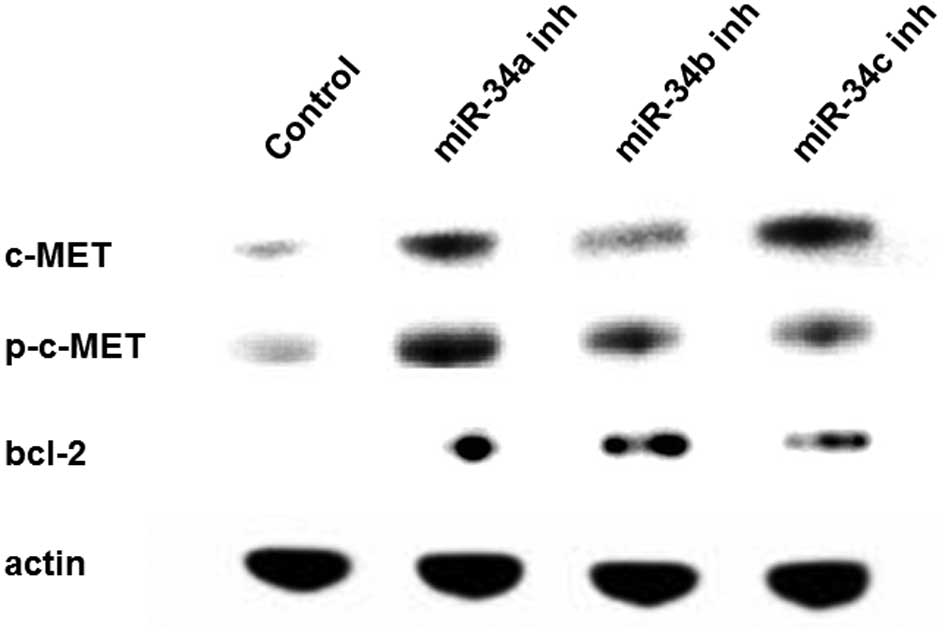
Malignant mesothelioma (MM) is an aggressive tumor with a dismal prognosis, and the molecular alterations involved in this disease remain unknown. We previously reported that microRNA-34s (miR-34s) are methylated and downregulated in MM and may play an important role in the carcinogenesis of MM. In this study, we downregulated miR-34s in human mesothelial cells to investigate the cellular effect of miR-34 knockdown. For the cell study, we used LP-9, a human mesothelial cell line, and three human primary-cultured mesothelial cell lines. RNA-based miR-34a, -34b and -34c inhibitors were transfected into these cells, and their effects on proliferation and invasion were evaluated. A scramble RNA oligonucleotide was used as a control. The protein expression status was estimated using western blotting. After miR-34 inhibitor transfection, miR-34a, -34b and -34c were downregulated in all the examined mesothelial cell lines. miR-34 inhibitor transfection significantly increased cell proliferation in all of the mesothelial cell lines, compared with the scramble control. The invasive ability also increased in the miR-34 inhibitor transfectants, compared with the scramble control, in the LP-9 cell line. Western blotting confirmed the upregulation of c-MET, phospho-c-MET, and bcl-2 proteins in LP-9 cells after miR-34 inhibitor transfection. In conclusion, our study showed that the downregulation of miR-34s induced an oncogenic phenotype in non-malignant mesothelial cells. The present study, together with the results of our previous report, strongly suggest that miR-34s play an important role in the early carcinogenic process involved in the transformation of human mesothelial cells to MM.
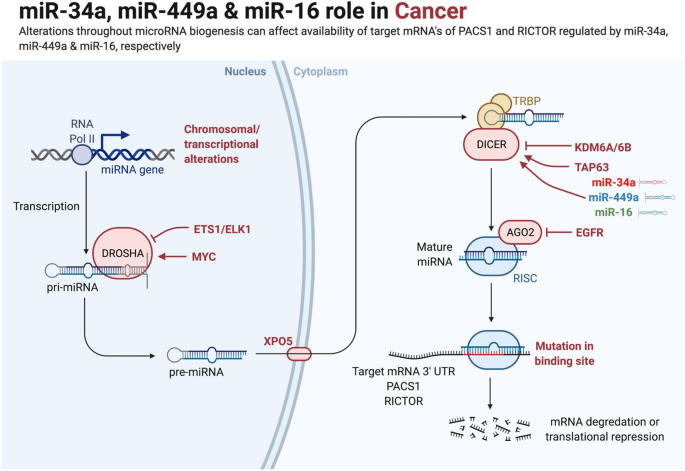
Dynamical modeling of miR-34a, miR-449a, and miR-16 reveals numerous DDR signaling pathways regulating senescence, autophagy, and apoptosis in HeLa cells
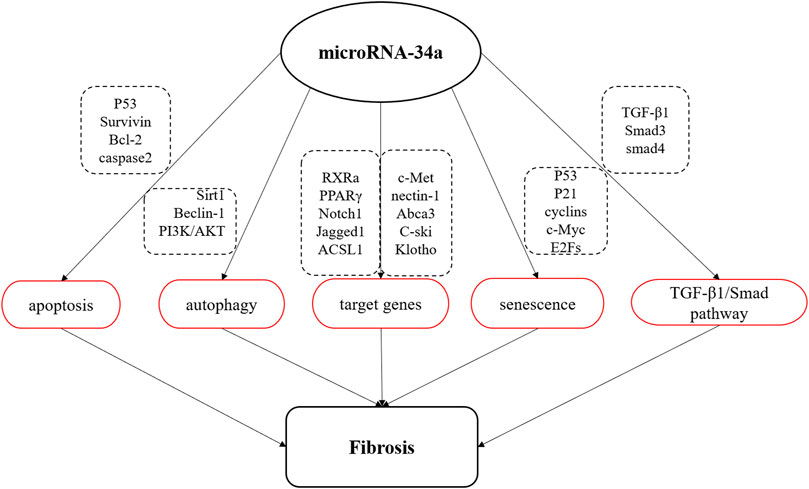
Frontiers MicroRNA-34a: A Novel Therapeutic Target in Fibrosis

Role of Stromal Fibroblast–Induced WNT7A Associated with Cancer Cell Migration Through the AKT/CLDN1 Signaling Axis in Oral Squamous Cell Carcinoma - Laboratory Investigation

A comparison between the effects of over-expression of miRNA-16 and miRNA-34a on cell cycle progression of mesothelioma cell lines and on their cisplatin sensitivity - ScienceDirect
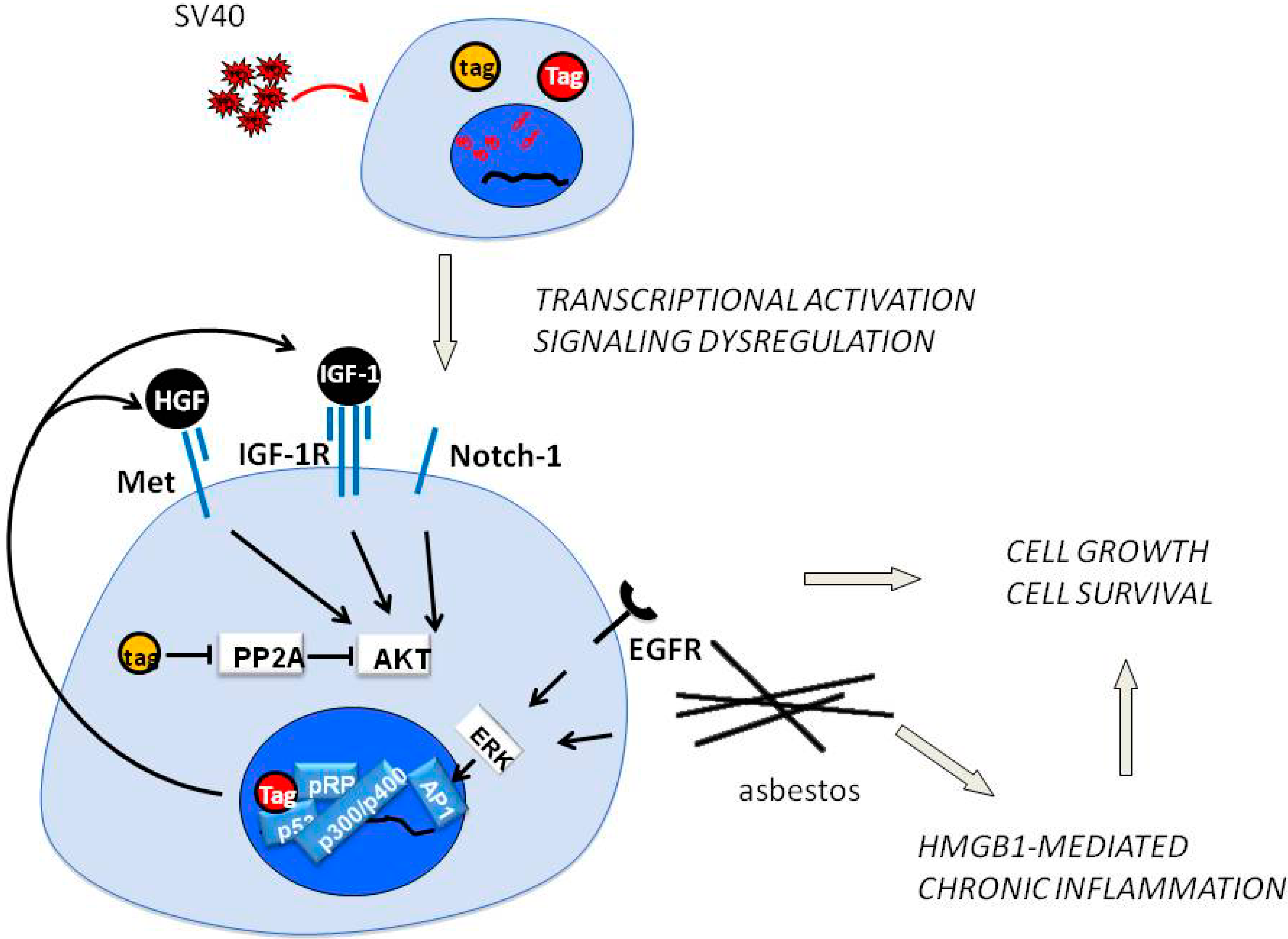
Biomedicines, Free Full-Text
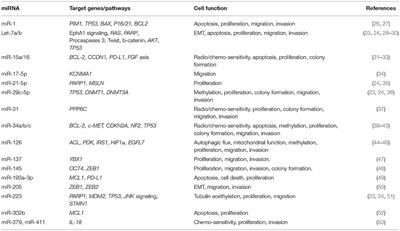
Frontiers MicroRNAs for the Diagnosis and Management of Malignant Pleural Mesothelioma: A Literature Review
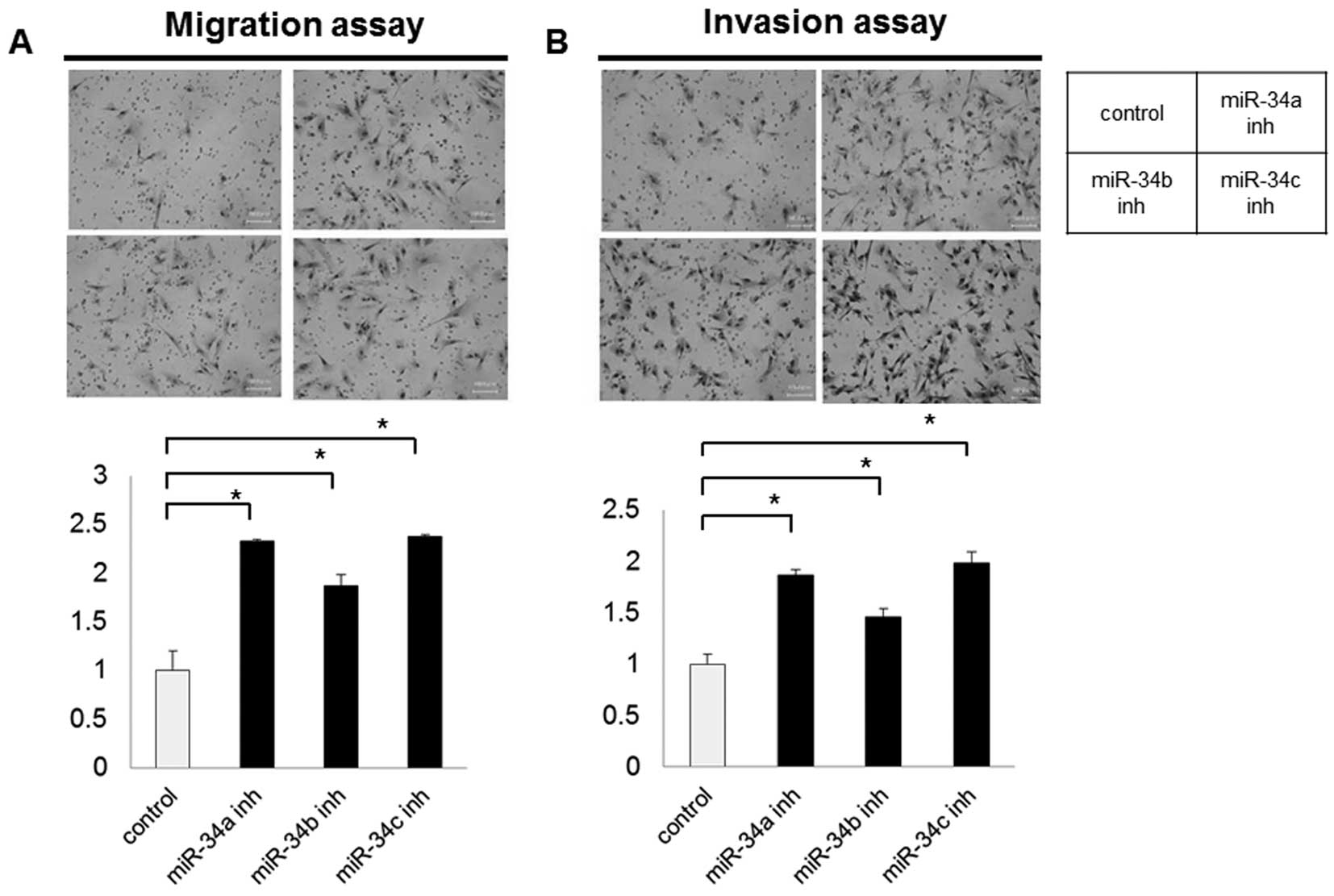
Downregulation of microRNA-34 induces cell proliferation and invasion of human mesothelial cells
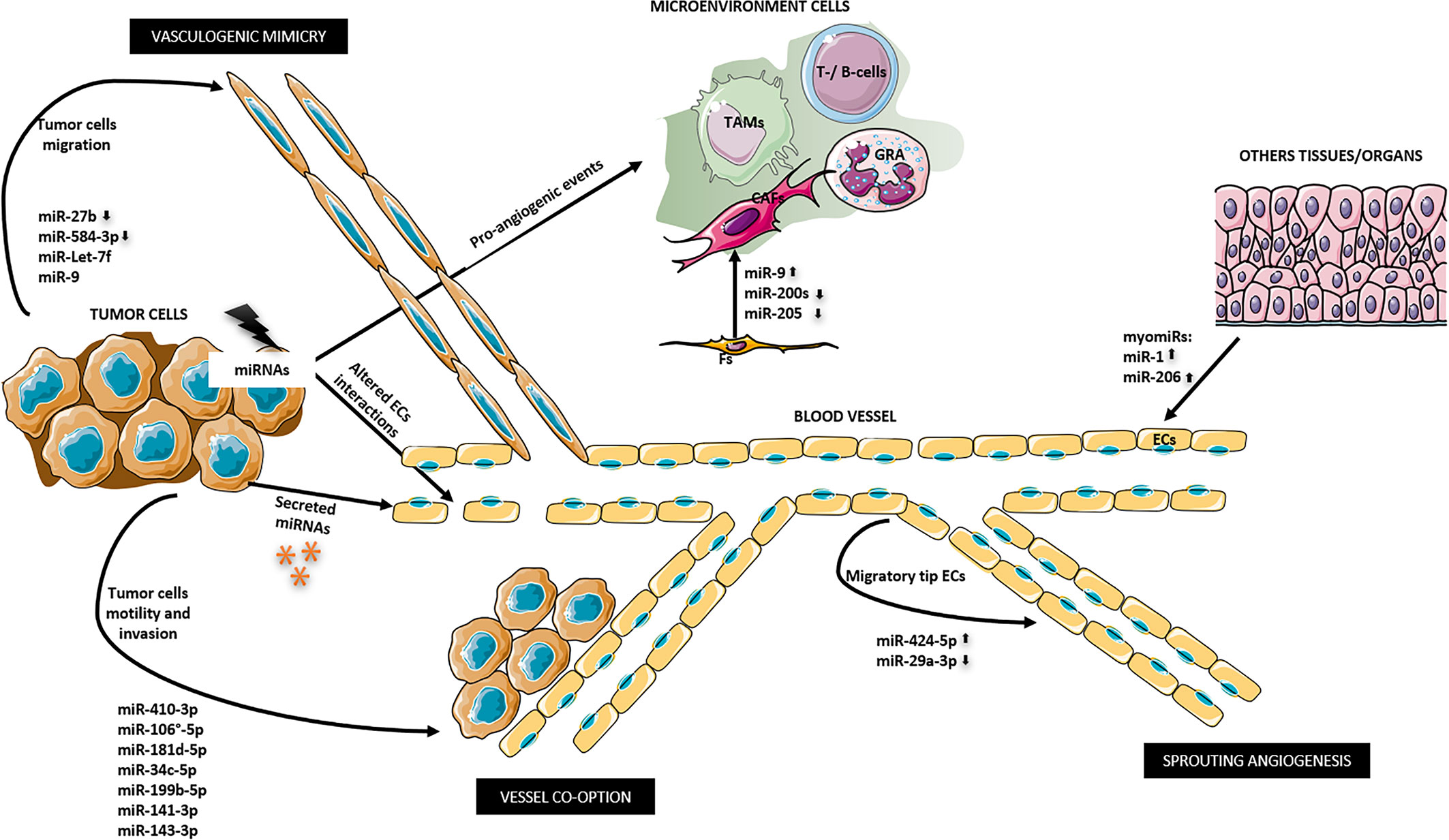
Frontiers microRNAs Biogenesis, Functions and Role in Tumor Angiogenesis

The egg ribonuclease SjCP1412 accelerates liver fibrosis caused by Schistosoma japonicum infection involving damage-associated molecular patterns (DAMPs), Parasitology

MicroRNA: a novel implication for damage and protection against ionizing radiation

PDF) Mir-34: A New Weapon Against Cancer?